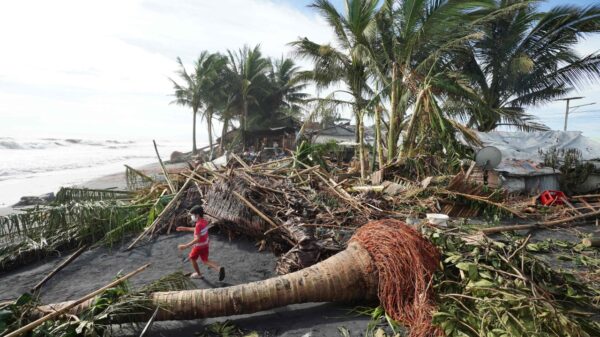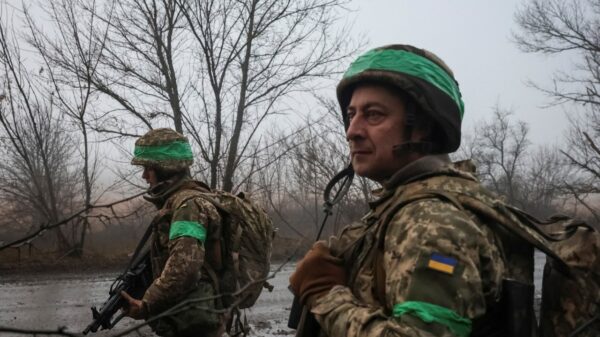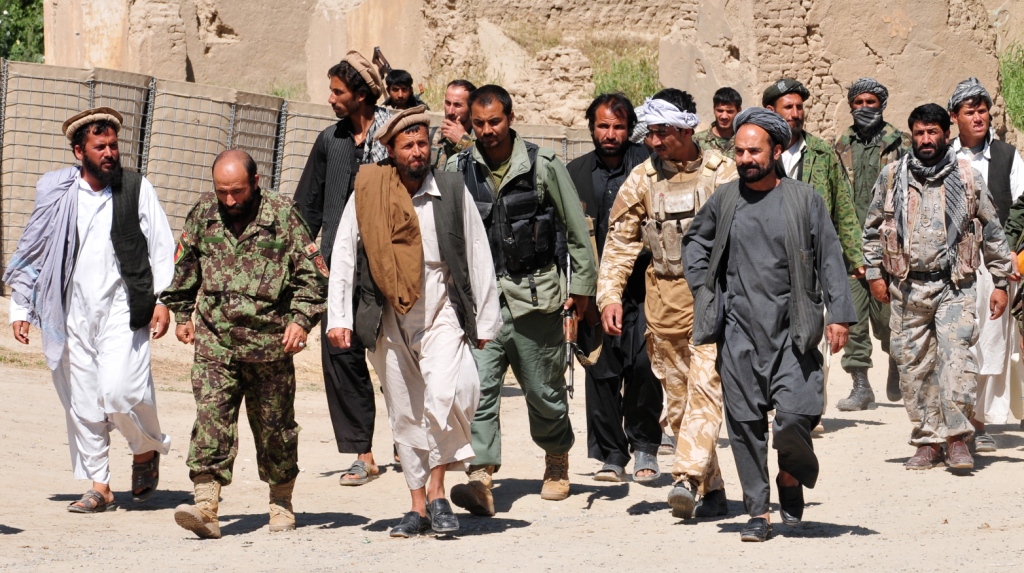Human Rights Watch (HRW) has raised alarms over the escalating humanitarian crisis in Afghanistan, citing intensified human rights violations by the Taliban four years after their resurgence. Fereshta Abbasi, an Afghanistan researcher at HRW, described the anniversary as a “grim reminder” of the Taliban’s abuses, which have notably affected vulnerable populations.
Since the Taliban regained control on August 15, 2021, the group has systematically restricted women’s rights, barring girls from education beyond sixth grade and excluding women from universities. HRW emphasizes that women face severe limitations on employment, freedom of movement, and access to public spaces. The organization criticizes the Taliban’s “Law on Promoting Virtue and Preventing Vice” as draconian, stripping women of their autonomy by enforcing bans on speaking publicly and showing their faces.
On July 8, 2025, the International Criminal Court issued arrest warrants for key Taliban leaders, including the supreme leader and the chief justice, for crimes against humanity related to these human rights violations.
Compounding the crisis, HRW reports that various countries, particularly Iran and Pakistan, have forcibly returned approximately 2 million Afghans to Afghanistan. Many of these individuals had lived outside the country for decades. Furthermore, the United States has implemented measures that have made numerous Afghans deportable, a situation exacerbated by the policies of the previous administration.
The United Nations (UN) has reported that Afghan refugees forcibly returned to their homeland face further human rights abuses under Taliban rule. A UN statement highlighted the dire conditions faced by these individuals upon their return. The internal situation has deteriorated significantly, with the Internal Displacement Monitoring Centre (IDMC) indicating that by the end of 2024, 4.2 million people had been internally displaced in Afghanistan.
HRW contends that the forced repatriations further strain humanitarian assistance efforts. The UN Office for the Coordination of Humanitarian Affairs (OCHA) estimates that 22.9 million people in Afghanistan require humanitarian aid to survive. The loss of foreign assistance has aggravated malnutrition rates, particularly among children.
Despite the alarming situation, HRW asserts that UN member states have failed to take effective action to address the ongoing human rights violations in Afghanistan over the past four years. The organization calls on the international community to take decisive steps to combat these abuses, alleviate the humanitarian crisis, and refrain from forcibly returning individuals to Afghanistan.
As the situation continues to unfold, it remains crucial for global leaders and organizations to recognize the gravity of the humanitarian crisis and work collaboratively to support those affected by the Taliban’s oppressive regime.








































































